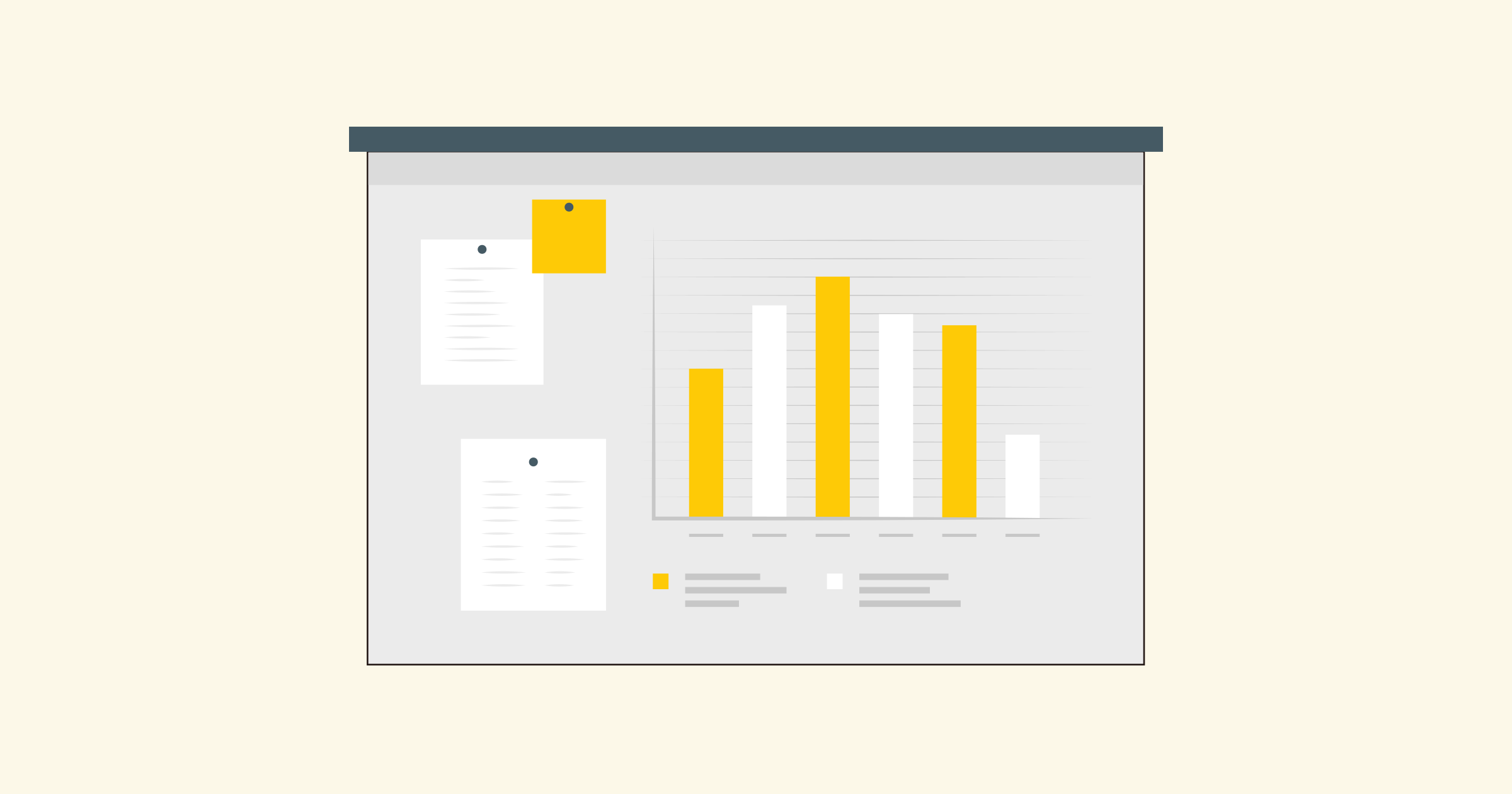Headless browsers: The Future of Web Scraping and SEO Automation
Introduction:
In the rapidly evolving world of SEO, staying ahead of the competition is critical. One emerging technology that is gaining traction among SEO professionals is headless browsers. In this blog post, we will explore what headless browsers are, how they work, and why they are the future of web scraping and SEO automation.
1. What are headless browsers?
Headless browsers are web browsers without a graphical user interface (GUI). Unlike traditional browsers that have a visual interface, headless browsers work in the background and interact with websites programmatically. Essentially, they allow developers to automate browser activity without the need for a visible browser window.
2. How do headless browsers work?
Headless browsers use browser engines to render and process web pages just like regular browsers. However, instead of displaying content on a GUI, they expose APIs that allow developers to interact with web pages programmatically. This makes it possible to automate tasks such as web scraping, testing, and other browser-based activities.
3. Advantages of Headless Browsers for Web Scraping:
a. Faster and more efficient: Because headless browsers don't need to render a visual interface, they are generally faster and more efficient than traditional browsers. This means that web scraping tasks can be completed in less time, allowing SEO professionals to gather data faster.
b. Scalability: Headless browsers can be easily deployed on servers or in cloud environments, making them highly scalable. This is especially important for large-scale web scraping projects, where processing speed and efficiency are critical.
c. Compatibility: Headless browsers support multiple programming languages, making them compatible with a wide range of automation frameworks and libraries. This flexibility allows developers to seamlessly integrate headless browsers into their existing workflows and tools.
d. Stealth Mode: Headless browsers can operate in stealth mode, making them ideal for scraping websites that employ anti-scraping measures. By mimicking human-like browsing behavior, headless browsers can avoid detection and IP blocking, ensuring uninterrupted data extraction.
4. SEO automation with headless browsers:
a. Keyword research: Headless browsers can be used to automate keyword research by crawling search engine result pages (SERPs) and extracting relevant data. This allows SEO professionals to identify high ranking keywords and optimize their content accordingly.
b. Content scraping: With headless browsers, it becomes much easier to scrape content from competitor websites, industry blogs, or authoritative sources. This valuable data can then be used to generate insights, create unique content, or identify content gaps for improved SEO strategies.
c. Monitoring and reporting: Headless browsers can be programmed to regularly monitor website rankings, traffic, and other performance metrics. By automating data collection and reporting, SEO professionals can save time and focus on analyzing the data for actionable insights.
Conclusion:
Headless browsers are rapidly revolutionizing the world of web scraping and SEO automation. With their speed, efficiency, compatibility, and stealth mode capabilities, they offer numerous benefits to SEO professionals. By using headless browsers for tasks such as keyword research, content scraping, and monitoring, SEO professionals can gain a competitive edge, save time, and make data-driven decisions to improve their organic search performance. Embracing these emerging technologies will undoubtedly shape the future of SEO.





























